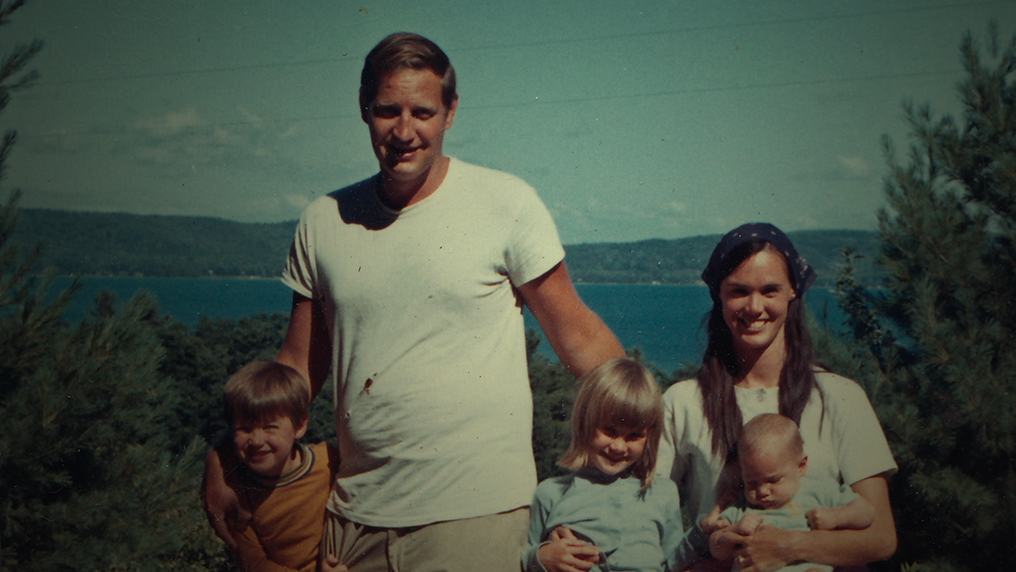Even if you have an allergic reaction to dramatic re-enactments in documentary films—and I confess I get itchy during them—1971 provides an exciting, non-hokey account of a remarkable true story. The March ’71 break-in at an FBI office in Media, Penn., has not enjoyed the lingering prominence of the Pentagon Papers or other high-profile leaks. Maybe that’s because the culprits were never found. Most of the participants were recently outed in onetime Washington Post reporter Betty Medsger’s book about the case, The Burglary. Medsger is an interviewee in the documentary, as are the former burglars willing to go on camera.
The portraits that emerge are familiar but vivid. The burglars (who dubbed themselves the Citizens’ Commission to Investigate the FBI) included professors, parents, and protest-minded college students. Under the leadership of the late Haverford College physics teacher Bill Davidon, they targeted the FBI because they sensed J. Edgar Hoover’s organization was spying on the protest movement and installing its agents as undercover agitators. At the time, Hoover was also gathering documentation on participants in the women’s liberation movement and checking up on subversive cabals such as the Boy Scouts of America. All this, and quite a bit more, was contained in the documents stolen from the FBI office.
Johanna Hamilton’s film has plenty of angles. There’s the suspense of the break-in itself, which was meticulously planned: Innocent-looking mom Bonnie Raines pretended to be a Swarthmore student to get inside the FBI office and case the joint, and the break-in took place on the night of the epic Ali/Frazier prizefight, in the hope that security guards would be otherwise occupied. Even the re-enactments can’t blunt that stuff. Then there’s the content of the files themselves, which revealed the FBI’s blatant overreach. One stray reference, the acronym COINTELPRO, would eventually expose Hoover’s shockingly nasty domestic counter-intelligence program. Its hijinks included the anonymous blackmail letter to Martin Luther King, Jr., implying that King should kill himself before he was awarded the Nobel Peace Prize.
Then there are the contemporary parallels, which the movie doesn’t overdo. (Laura Poitras, Oscar winner for the Edward Snowden doc Citizenfour, is an executive producer here.) The film doesn’t need to hit those parallels hard, because no contemporary viewer will see this as a period piece—not with Snowden and Julian Assange being debated as heroes or scoundrels. 1971 is firmly on the side of disobedience.
film@seattleweekly.com
1971 Runs Fri., April 17–Thurs., April 23 at Grand Illusion. Not rated. 79 minutes.







